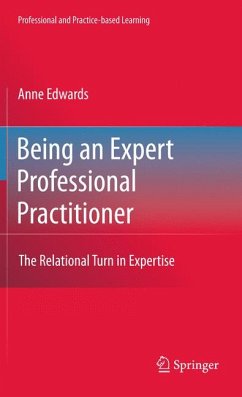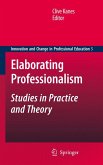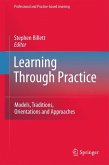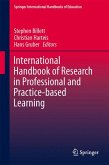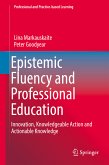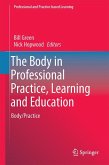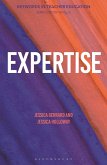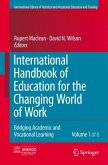Dieser Download kann aus rechtlichen Gründen nur mit Rechnungsadresse in A, B, BG, CY, CZ, D, DK, EW, E, FIN, F, GR, HR, H, IRL, I, LT, L, LR, M, NL, PL, P, R, S, SLO, SK ausgeliefert werden.
Harry Daniels, University of Bath
"A well-argued account of the need for professional practitioners to become resourceful learners in and through work, engaging relationally with others at the sites where practices interact, and with clients. The theoretical frameworks which inform the text are clearly explicated, and examples from her own, and other research studies, bring these to life. ... this text has much to recommend it, both to researchers and academics interested in learning at work, and to professional practitioners who wish to develop greater understanding of contemporary practice issues." (Anne-Marie Reid, Vocations and Learning, Vol. 5, 2012)
This is a groundbreaking book for two main reasons in that it develops new perspectives on expertise and agency. The thinking was forged through a long term engagement with research which has examined professional learning and systems development and functioning in the public sector in the UK. This work drew attention to the multiprofessional nature of new and emerging forms of professional work and the need for professionals to develop new and relational forms of expertise. The development of an understanding and appreciation of the capabilities and priorities of other professional service providers has become a major imperative in modern welfare services. This book argues for, and illustrates, the building of common knowledge that stretches across boundaries and in turn mediates the exercise of relational agency . In short this book announces the need for an enhanced form of professionalism which has major implications for professional work and learning as well as training. It is well written and accessible to a wide audience. It is, without doubt, a major contribution. It sheds new light on a field which is in danger of instrumental codification rather than, as this book does with such elegance, promotes an understanding of complexity and subtlety of the ways in which newforms of work emerge.
Harry Daniels, University of Bath

